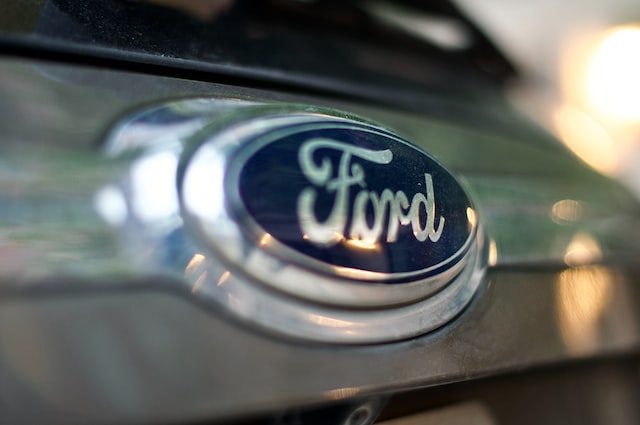Ford to Build a Battery Factory in Michigan

Ford Motor Company, in a partnership with the Chinese CATL, announced that it will invest $3.5 billion in a battery plant for Electric Vehicles (EVs) in Michigan. The plant will be located near Marshall, Michigan, and will have the goal of offering lower-cost Lithium-Iron Phosphate (LFP) batteries, that are capable of faster recharging – a technology pioneered in China. CATL will license the technology to Ford for the production of LFP batteries and will provide technical assistance. The investment was announced at an event in Romulus, Michigan.
Such investment in the US will bring a step further towards battery independence, as commented by Ford’s Chairman Bill Ford. He also added that “We are committed to leading the electric vehicle revolution in America, and that means investing in the technology and jobs that will keep us on the cutting edge of this global transformation in our industry”. Furthermore, the investment could help reach the 8% profit margin on its EV operations by 2026. Previously, Ford announced the integration of LFP batteries made by its Chinese partner CATL in part of the electric SUV Mustang Mach-E vehicles, as well as the Ford F-150 pickup trucks, which are offered in Europe, and North America.
This presents Ford’s fourth battery plant and will contribute to 2,500 new job openings at the beginning in Michigan. The capacity of the plant is estimated at 35 GWh, which is enough for 400,000 EVs annually. Production is expected to start in 2026, and it is possible to additionally expand the plant. The factory will pay $20 to $50 per hour, as said by Michigan’s Economic Development Corp official Josh Hundt.
Automakers and producers of EV batteries are rapidly investing in manufacturing in the US, in order to take an advantage of the federal subsidies, which could cover the production costs. Ford is committed to investing more than $50 billion into electric vehicles until 2026. LFP batteries are offered in addition to Nickel Cobalt Manganese (NCM) batteries, which allows customers to select unique battery performance specs.

 Tech Steel & Materials
Tech Steel & Materials